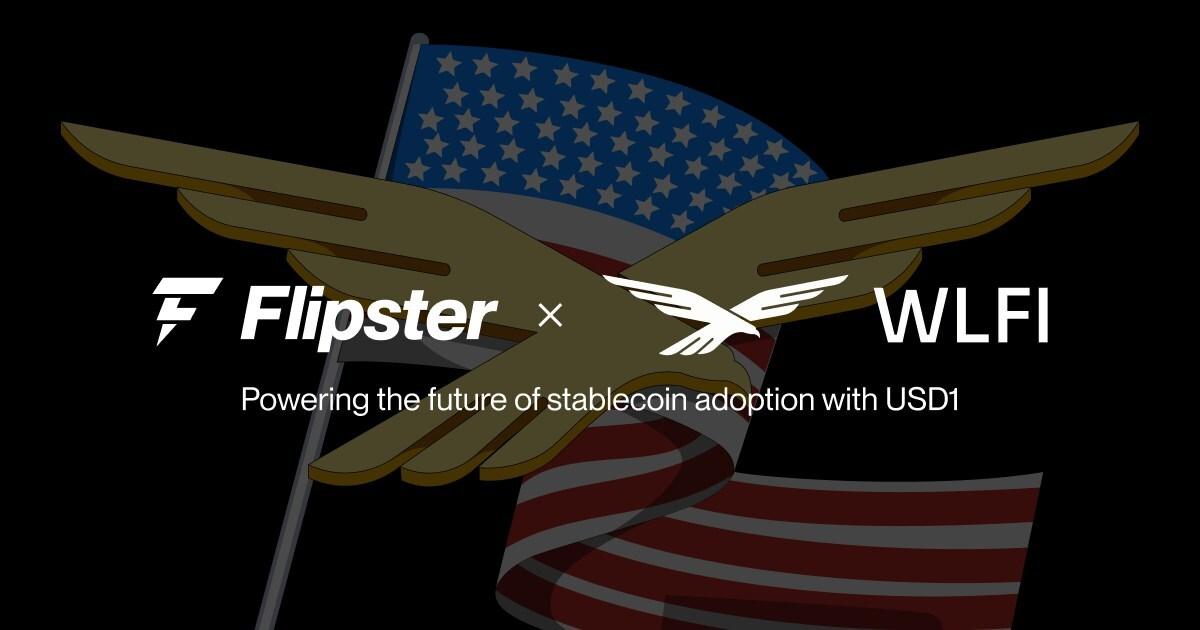US SEC Confirms Stablecoins Are Not Securities

The United States Securities and Exchange Commission (SEC) has said that stablecoins backed by cash or cash-equivalent reserves and redeemable for US Dollars on a one-to-one basis are not securities under Federal law.
The statement is the clearest position adopted by the SEC on the regulatory treatment of crypto. However, while the stablecoin ruling dismisses security classification, it still leaves questions about yield and algorithmic tokens.
SEC Clarifies Stance On Stablecoins
The Securities and Exchange Commission’s (SEC) Department of Corporation Finance outlined its views on what it called “Covered Stablecoins” in a public statement. Covered stablecoins include fiat-backed digital tokens designed to maintain price stability through fully reserved dollar holdings. According to the SEC’s division, the offer and sale of stablecoins do not involve securities transactions or require registration under the Securities Act of 1933 or the Securities Exchange Act of 1934. The decision will provide legal clarity for stablecoin issuers, fintech firms, and crypto payment providers operating in regulatory uncertainty.
“Persons involved in the process of minting (or creating) and redeeming Covered Stablecoins do not need to register those transactions with the Commissioner under the Securities Act or fall within one of the Securities Act’s exemptions from registration.”
Stablecoins Designed For Payments
The SEC stated that stablecoins are designed and marketed solely as a mode of payment, money transmission, and value storage. They also do not give holders interest, profits, governance rights, or ownership claims typically described as digital dollars rather than investment products. According to the SEC, stablecoins have not been promoted as profit-generating instruments, a key distinction under federal securities law. The regulator’s conclusion was based on two legal landmarks: The Reves v. Ernst & Young test and The Howey test.
Under the Reves standards, the SEC’s division found that Covered Stablecoins more closely resemble instruments used for routine transactions rather than speculative notes or debt securities. The regulator also highlighted the buyer’s non-investment motivation and the lack of trading for profit as key reasons why stablecoins fall outside the definition of a security. The SEC also applied the Howey test to stablecoins. The Howey test examines whether an arrangement involves investing money in a common enterprise with the expectation of profit from others’ efforts. The regulator concluded that Covered Stablecoin holders are not investing for returns.
The SEC also stated that Covered Stablecoins must be redeemable for USD at a fixed price at any time and in unlimited quantities. It mandated issuers to maintain a fully backed reserve consisting of cash or liquid, low-risk assets like US Treasury bills. These reserves could not be used for the stablecoin issuer’s business operations and must be safeguarded from third-party claims. It also directed issuers to publish Proof-of-Reserve attestations to verify solvency and transparency.
Uncertainty About Yield
The SEC also stated that holders of Covered Stablecoins do not receive any form of yield or share in earnings generated from reserve assets. Stablecoin issuers could earn interest on the assets held in reserve. However, these earnings are retained by the issuer and not distributed to token holders. According to the regulator, the absence of yield or financial benefit removes a key element of the Howey test, the expectation of a profit from the efforts of others. The clarification allows the SEC to draw a line between fiat-backed tokens and tokens marketed with return-generating features.
Disclaimer: This article is provided for informational purposes only. It is not offered or intended to be used as legal, tax, investment, financial, or other advice.




